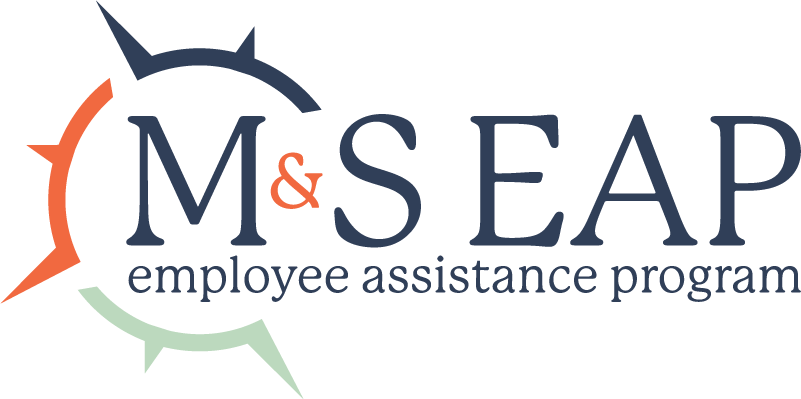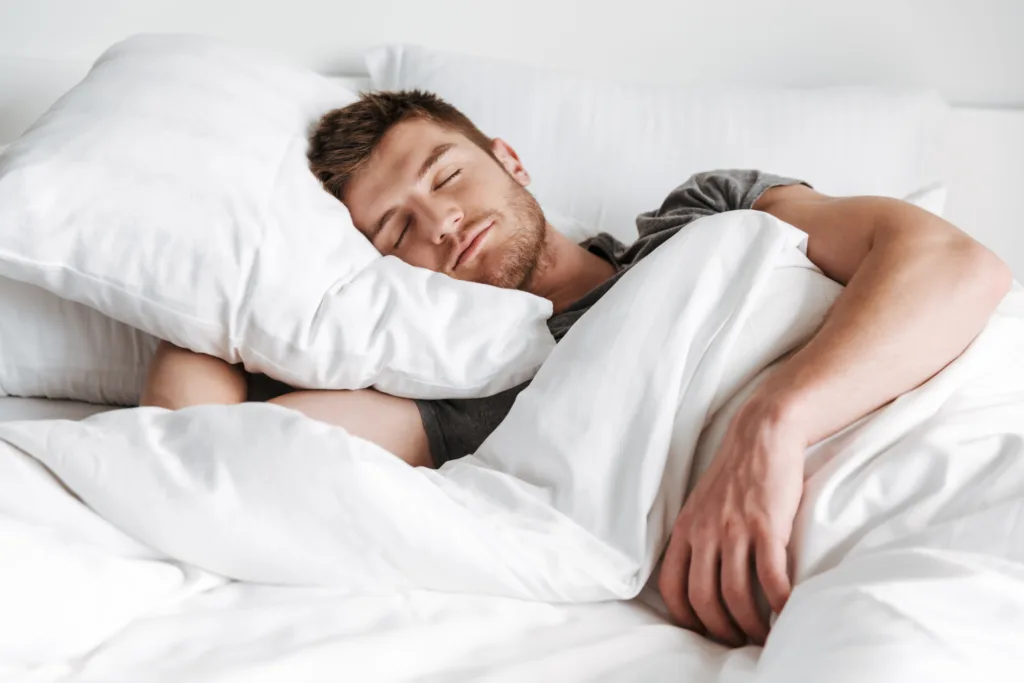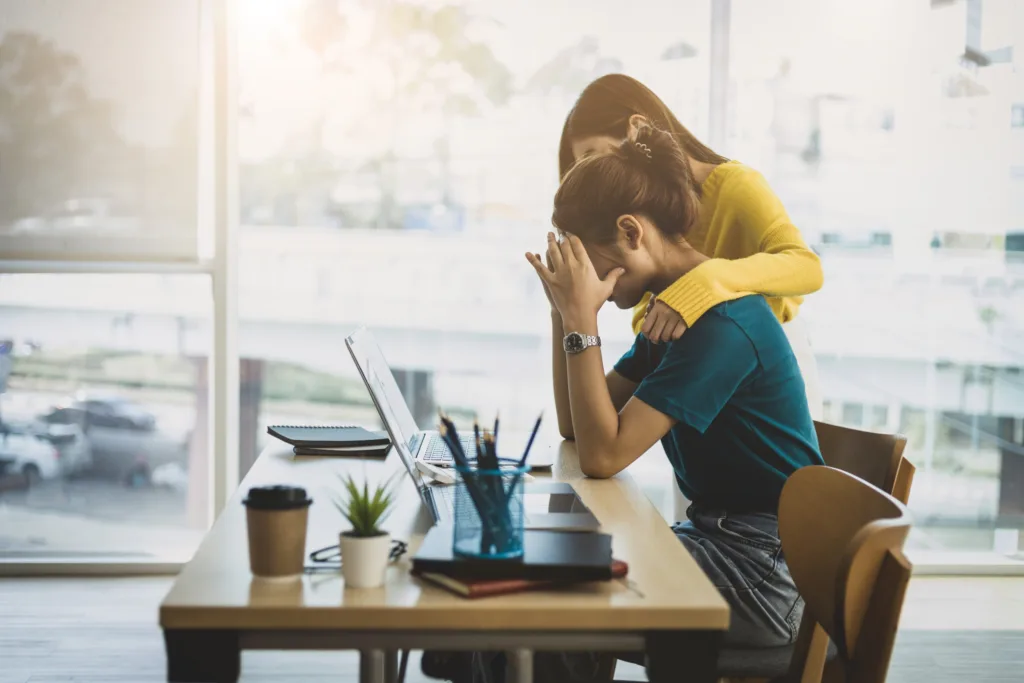Why You Should Monitor Your Casual Drinking

In American culture, it is very common to be invited out for happy hour after work, to drink a beer while you’re grilling dinner or to come home and unwind on the couch with wine after a long day.
It’s so common, in fact, that most people don’t even recognize the problems that can be associated with it – while a glass of wine in the evening isn’t wrong, when moderation is not practiced, this casual drinking has the ability to evolve into a drinking problem.
What is casual drinking?
Alcohol consumption habits are classified into the “types” of drinking behaviors most often seen. At the most extreme end, alcohol addiction describes one’s inability to break the habit of excessive, daily drinking; addiction has severe negative impacts on one’s life and most often requires treatment to correct.
In the middle of the spectrum is problem drinking, where the individual does not need to consume alcohol to stave off withdrawal symptoms, but drinks frequently and usually a greater amount than intended. Problem drinking can usually be stopped on one’s own.
The most mild form of drinking, then, would be casual drinking, where the individual does not consume alcohol on a daily basis and usually drinks alcohol socially. Casual drinking is most often a responsible form of drinking and does not lead to blacking out or getting drunk.
Is casual drinking bad for you?
As with most things, casual drinking is not inherently bad for you when done in moderation. If you drink casually, you probably don’t drink every night, and if you do drink, you’re careful to not overdo it. You’re pretty self-aware of your limit, and if you do accidentally go over it, you aren’t going to make any reckless decisions. Instead, you’ll find a sober driver and get home safe.
Casual drinkers, however, are more likely to have a low alcohol tolerance due to the infrequency and moderation of their drinking habits. Therefore, they may be at higher risk of getting intoxicated quicker if they do overindulge.
In conclusion, casual drinking is not bad for you at its core. However, because of the potential effects, alcohol should be consumed wisely to prevent any problems from arising.
Do I have a drinking problem?
If you have been doing a little self-assessment during this time, and are wondering if your previously classified “casual” drinking habits have become more extreme as of late, don’t panic. Self-awareness is a crucial element to living a balanced life, and taking the time to assess your drinking habits is a part of it.
While it’s important to speak with a professional if you’re concerned about your drinking tendencies, there are signs of a drinking problem that you can be aware of to help you determine whether it’s time to get some help.
Signs of a developing drinking problem include:
- Wanting to stop drinking, but being unable to even when you tried
- Noticing that drinking habits started interfering with everyday obligations, like work and school, or started having a negative impact on your family/friends
- Struggling to focus your mind on anything other than getting another drink
- Taking long periods of time recovering from drinking episodes
- Distancing yourself from previously enjoyed social activities or hobbies in order to drink
- Continuing to drink even when you begin to experience co-occurring mental health disorders like depression or anxiety, or physical health complications
- Engaging in unsafe behaviors under the influence of alcohol (driving, walking to unsafe locations or risky sexual behaviors)
As these signs begin to add up in your life, it might be time to reach out for help in order to prevent severe complications in your life.
Preventing casual drinking from becoming problem drinking
If you take the initiative, you will play an active role in preventing the development of any problematic drinking habits.
- Limit the amount of alcohol kept in the house: If you come home from work and your first action is to pour yourself a drink, then it might be smart to avoid replenishing your stock when you run out. Then, you won’t have any alcohol to come home to and can give your body a break for a week or so
- Keep yourself accountable: If you go out post-work for happy hour, bring cash, and only bring enough cash for one drink. This is a super simple way to keep yourself from overdoing it, and you’ll save some money, too
- Identify days of the week to not drink: If you drink Sunday morning mimosas and taco Tuesday margaritas, then maybe you can assign Monday and Wednesday as sober days. Having assigned days of the week where you intake more water instead of alcohol can keep you accountable and prevent problems from arising – not to mention benefit your physical health
- Don’t drink the second you get home: If your first instinct is to pour yourself wine when you walk through the door, wait. Do something else first, like washing dishes, going for a walk or folding that load of laundry that’s been sitting there all week. The earlier you start drinking, the more you may consume, so pushing back that initial drink can help minimize the amount you have
Steps as simple as these can prevent casual drinking from turning into problematic habits.
Support when you need it
If you recognize problem drinking has become a factor in your life, there’s no need to worry; all that you need to do is take action.
If you need to talk to someone about your concerns, Mazzitti & Sullivan EAP can help. To learn more about our counseling services, reach out to learn more.



